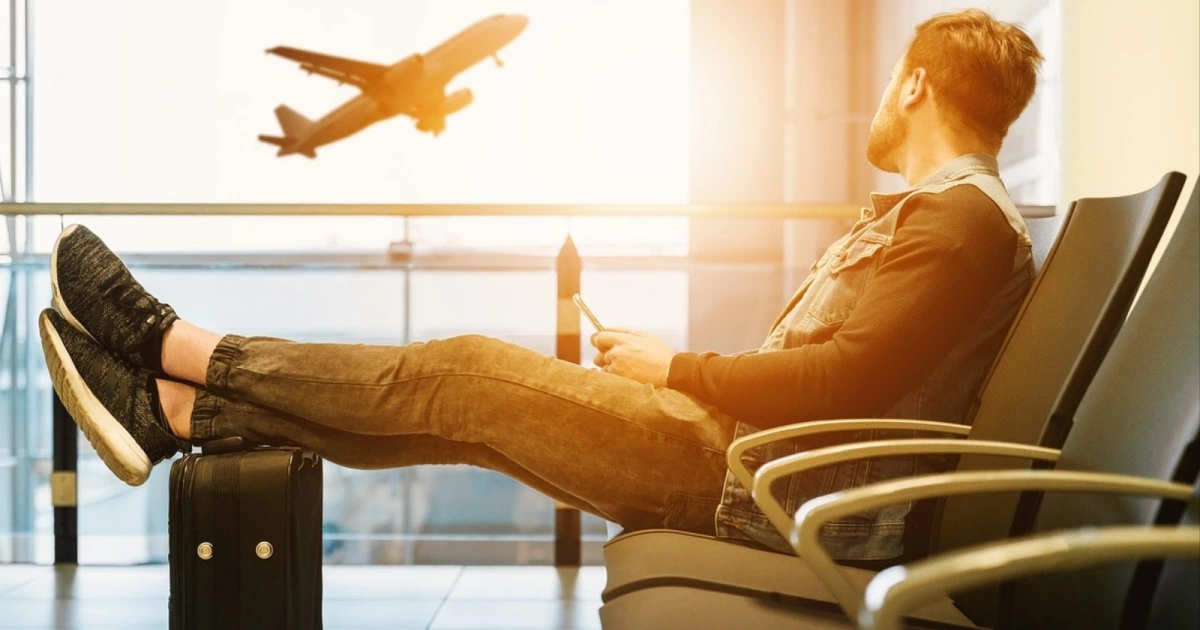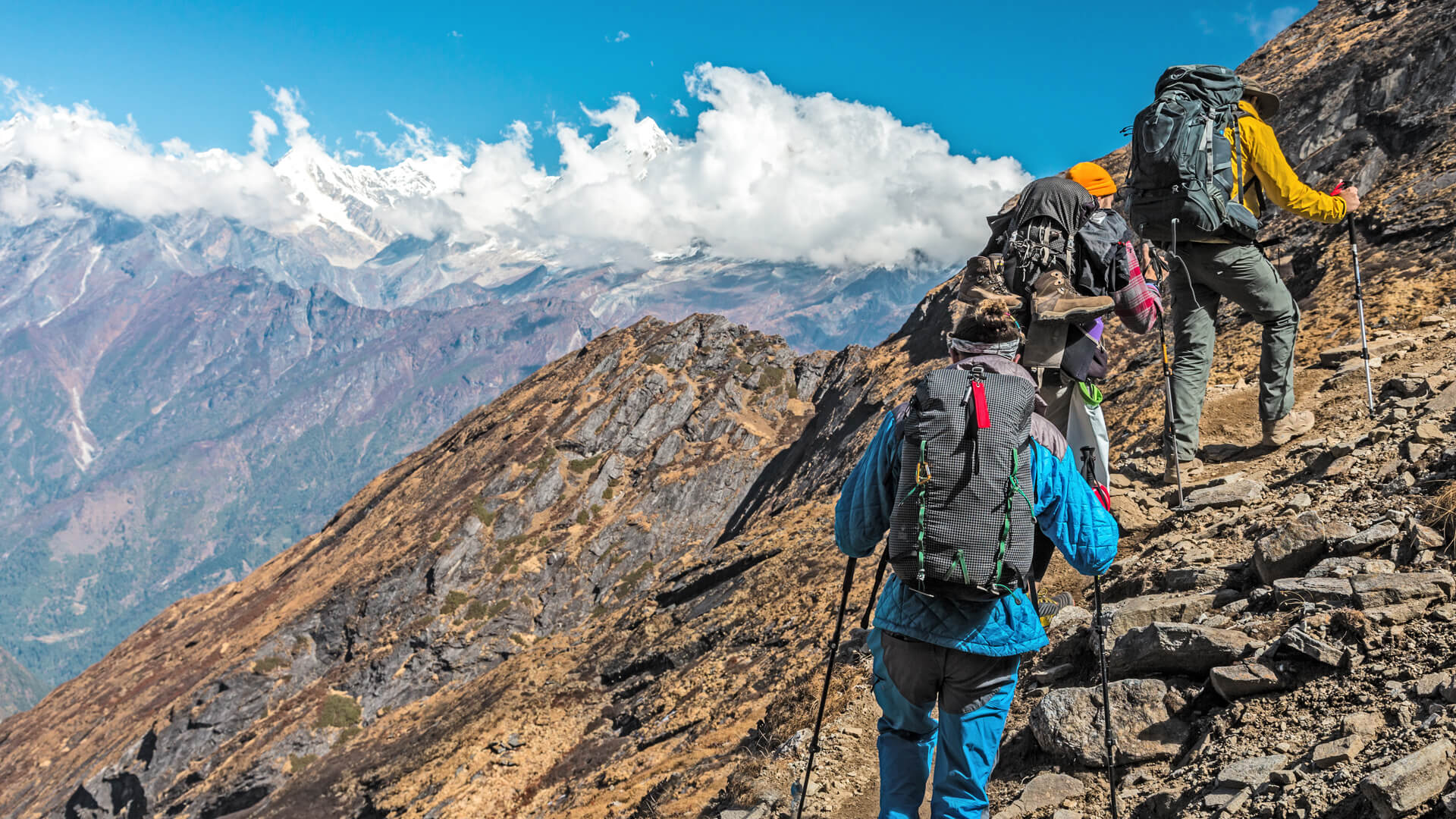Crystal Magazine Aug 25, 2020
Important advice for travelers in the time of Corona
Flights have returned again after
easing the procedures and restrictions imposed by the emerging coronavirus
"Covid-19", but this does not mean leniency in preserving health to
prevent this global pandemic, so we were keen to provide you with some advice
to avoid infection from the Coronavirus while traveling
Stay healthy while traveling
The Centers for Disease Control and
Prevention (CDC) recommends the following steps to protect yourself and others
when traveling:
-Maintain a distance of 6
feet (2 meters) between yourself and others as much as possible.
-Avoid contact with anyone who is
sick
-Minimize touching surfaces that are
frequently touched, such as handrails, elevator buttons, and touch devices in
stores. If you have to touch these surfaces, use a hand sanitizer or wash your
hands afterward.
-Wear a fabric mask
-Avoid touching your eyes, nose, and
mouth.
-Cover your nose and mouth when
coughing and sneezing.
-Clean your hands frequently. This
is especially important after going to the bathroom, before eating, and after
coughing, sneezing, or blowing your nose.
-You should wash your hands
frequently with soap and water, with a minimum washing time of 20 seconds.
-If soap and water are not
available, use a hand sanitizer containing at least 60% alcohol. Allow the
alcohol sanitizer to cover all areas of your hands, and rub your hands until
you feel the sanitizer has dried
Check local instructions and
restrictions
Some state, local and regional
governments impose certain requirements, such as requiring people to wear masks
and requiring those who have recently returned from travel to stay at home for
up to 14 days. To avoid unpleasant surprises and delays, check any restrictions
in the area, you are traveling to and at any stopover on the road.
The best sources to check are the
websites of official health agencies in your state or region. Keep in mind that
travel restrictions may change quickly depending on local conditions. So, check
back in, as your flight gets closer, for the latest developments.
During the search, find visitor
information and opening hours for businesses, restaurants, parks, and other
places that you want to visit during your stay
Air travel
Because of how air is circulated and filtered on airplanes, most
viruses do not spread easily during flights. However, it is not easy to adhere
to the physical spacing on aircraft. Also, air travel forces you to spend time
in the inspection queues and airport lobbies, and thus you may get close to
others.
The Centers for Disease Control and Prevention (CDC) and the
Federal Aviation Administration (FAA) in the United States have issued
guidelines to help airlines prevent the spread of the Coronavirus. As a result,
most major airlines in the United States require their crew and passengers to
wear cloth face coverings. To see what specific measures airports and airlines
take to protect passengers, check out their websites
The US Transportation Security
Administration (TSA) has intensified cleaning and disinfection of equipment and
surfaces at checkpoints. If you haven't traveled by air since the pandemic
began, you will notice some changes:
-US Transportation
Security Administration officers wear masks and gloves and practice social
distancing rules.
-Gloves are changed by
Transportation Security Administration officers after every manual body search.
-The presence of protective plastic
panels in front of the inspection platform as well as the inspection and
delivery sites for bags.
-Fewer passengers, and therefore
fewer checkpoints
You should also be aware that the
Transportation Security Administration has changed some inspection procedures:
-Passengers can wear
masks during the inspection procedures. However, Transportation Security
Administration personnel may require travelers to partially remove the muzzle
in order to verify the traveler's identity.
-Instead of handing over boarding
passes to the Transportation Security Administration officer, passengers should
pass them (either paper or electronic) directly to the scanner and then upload
them for officer confirmation.
-Each passenger can take one packet
of hand sanitizer with a volume not exceeding 12 ounces (approximately 350
milliliters) in the carry-on bag. These packages must be taken out of the bag
for inspection
-Food should be packed in a plastic
bag and placed in the inspection basket. Separating food from carry-on bags
reduces the possibility of inspectors opening the bags for checking.
-Personal items such as keys,
wallets and phones should be put in carry-on bags rather than search baskets.
This reduces handling of these items during inspection procedures.
Make sure to wash your hands with
soap and water for at least 20 seconds immediately before and after the
inspection procedures
Traveling by car
Air travel may not be suitable for
you. You may prefer to drive, which gives you more leeway in the travel
environment. You should still act wisely about pauses and pauses, but it takes
some planning.
Here are some things to consider
before you set out on your journey:
-Plan to reduce stops as
much as possible, but stop driving if you feel drowsy.
-Make sure to take cloth masks, hand
sanitizer and sterile wipes with you, and place these items in an easily
accessible place so that you can use them during the flight as needed.
-Prepare the food and water you need
for consumption during the flight. We recommend taking long life foods to
resort to in case restaurants and grocery stores cannot be reached
-When you need to refuel the car, use sanitizing wipes to clean the
knobs or buttons before touching them. After refueling, use a hand sanitizer.
And when you reach your destination, wash your hands with soap and water for at
least 20 seconds.
-If you choose to buy a meal on the road, choose restaurants that
offer car ordering or take-out service
Other land transportation
When traveling by bus or train, you
may be more likely to be exposed to the Coronavirus if you stand or sit within
a distance of less than 6 feet (2 meters) from others for a long time. Follow
the precautions described above to protect yourself while traveling.
Even if you travel by air, you may
need transportation once you reach your destination. On the Internet, you can
see the car rental options available at your destination and the disinfection
policies of the rental companies. If you are planning to stay at a hotel, check
that hotel transfers are available
If you plan to take a taxi, do not
sit in the front seat near the driver. Consider handling your bags yourself
when riding and upon arrival. Avoid frequent contact with touched surfaces
before cleaning them. If you are going to use public transportation, stick to
physical distancing, put on a mask, and use hand sanitizer or wash your hands
after reaching your destination.
If you will be using public
transportation, stick to physical distancing, wear a mask, use hand sanitizer
or wash your hands after reaching your destination. If you plan to take a taxi,
do not sit in the front seat near the driver. Consider handling your bags
yourself when riding and upon arrival
Hotels and other accommodations
Hotel staff knows that travelers are
worried about the coronavirus and their safety. Check the hotel's website for
information on how to protect guests and staff.
Examples of safety best practices
include:
-Developed cleaning
procedures for common areas, elevators, and guest rooms. As well as food
preparation areas and laundry rooms.
-Social distancing measures in the
hotel lobby, reception desk, and parking
-Employees and inmates wear masks
-Contactless payment
-Staff training focusing on the
following:
·
Hand
washing procedures
·
Cleaning
and sterilization procedures
Use of personal protective equipment
-The procedures followed if one of
the guests gets sick, which must include temporarily closing the inmate's room
with the aim of cleaning and disinfecting it
For more reassurance, contact the
hotel. Ask the staff member to reserve a room for you that no guest has
occupied in the past 24 hours.
Also, companies that provide online
tourist room reservation service have improved their cleaning procedures. These
companies highlight their commitment to following public health guidelines,
such as using masks and gloves when cleaning and spacing guest appointments
Once in the room or rental space,
disinfect all frequently touched surfaces, such as doorknobs, light switches,
counters, tables, desks, phones, remote controls, and faucets. Wash dishes,
utensils, cups and eating utensils (except for pre-coated plastic items) before
use
Make a list in advance of the items
you will need
When it's time to pack up, take any
medications you may need on your trip along with the following basic safety
supplies:
-Fabric face covers
-Alcohol-based hand sanitizer (contains
at least 60% alcohol)
-Antiseptic wipes (containing at
least 70% alcohol) for surfaces
-A thermometer
Consideration
for those who have high risk of infection
Anyone can
develop severe symptoms if they contract a Covid 19 infection, but the elderly
and those with certain underlying medical conditions, regardless of their age,
are at greater risk of developing serious symptoms if they develop a Covid 19
infection. Cases that increase the risk of developing symptoms includes:
Cancer, chronic kidney disease, chronic obstructive pulmonary disease, serious
heart problems, sickle cell disease, type 2 diabetes, and a weak immune system.
Traveling
increases the risk of catching COVID-19 and transmitting it to others. Staying
at home is the best way to protect yourself and others from COVID-19 infection.
If you must travel, talk to your doctor and ask about any additional
precautions you may need to take
Remember, safety comes first
No matter how well you plan, you may have
to change your plans if you become ill. If you get sick before you travel, stay
at home for health care





